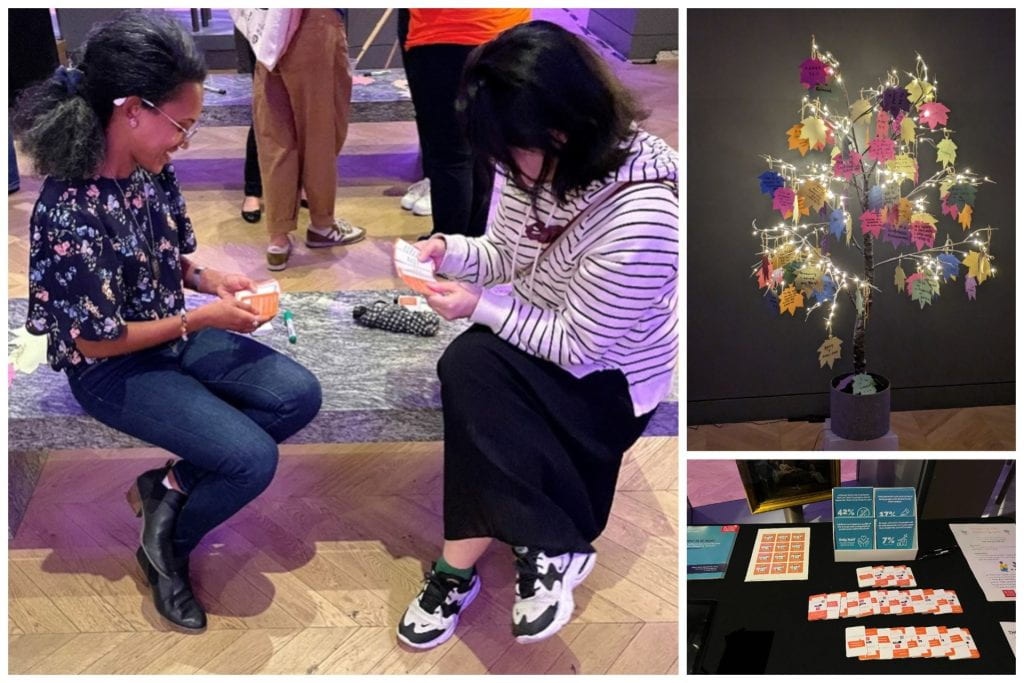How can we improve end of life care for someone with an intellectual disability or serious mental illness?
By iomh, on 10 October 2023
People with serious and persistent mental illness (SPMI) often have poor experiences of health care, including end-of -life care, yet their voices often go unheard, leading to decisions being made on their behalf. Nivedita Ashok describes research from UCL’s Marie Curie Palliative Care Department, which shows that people with SPMI want to make their own choice, just like anyone else.

People with a diagnosis of intellectual disability or a serious mental illness die much earlier from serious physical illnesses than the general population. Lack of support to have healthier lifestyles, only seeking help when very unwell, late presentation to services, delays in diagnosis, and insufficient treatment provision are all problems.
Despite this gap, they are often excluded from palliative care research, and their experience of healthcare services are often poor, e.g. failure to make reasonable adjustments.
Our research team has been studying these issues to identify the gaps and uncertainties in the evidence. The findings have helped us understand what service users, their families, and the professionals who work with them find challenging, and what they suggest can help improve this.
(more…) Close
Close


